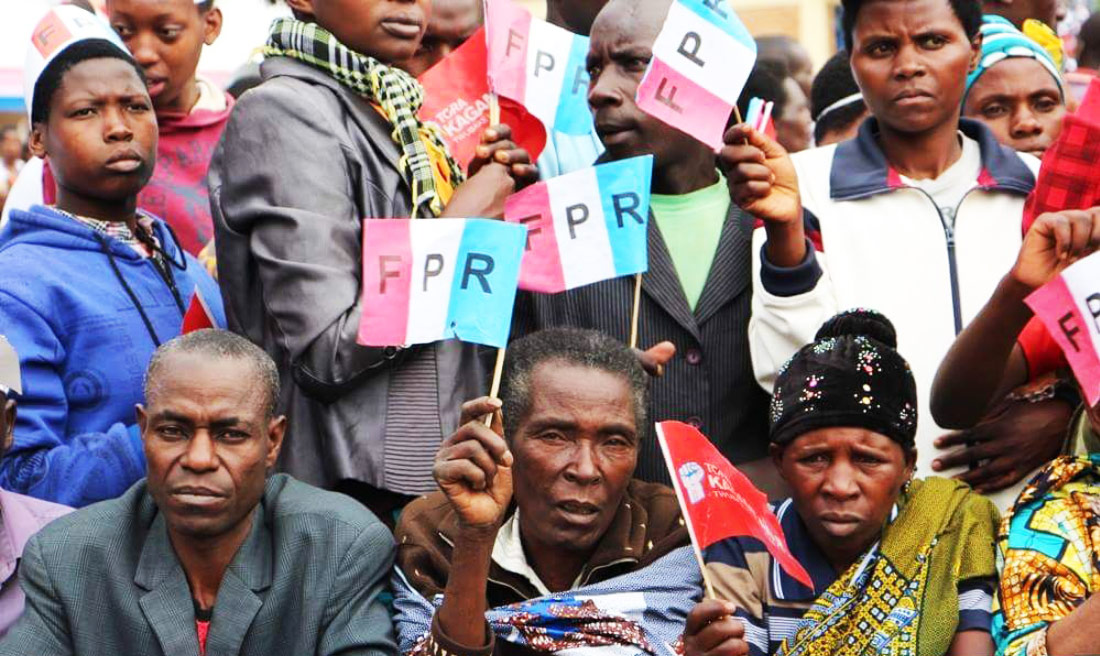Ideology plays a pivotal role in shaping the platforms of political parties. It serves as the foundation for a party’s policies, positions, and overall approach to governance. Understanding how ideology influences party platforms provides insight into the political landscape and the decisions made by political parties. This article explores the impact of ideology on party platforms, the types of ideologies that shape political parties, and the implications for policy-making and voter alignment.
The Influence of Ideology on Party Platforms
1. Formulating Policy Positions
Guiding Principles:
Ideology provides a set of guiding principles that inform a party’s policy positions. Whether a party leans towards conservatism, liberalism, socialism, or another ideology, these principles shape its stance on issues such as the economy, social justice, and foreign policy.
Policy Development:
Parties develop their policy platforms based on their ideological beliefs. For example, a conservative party may advocate for lower taxes and minimal government intervention, while a socialist party might support higher taxes on the wealthy and extensive social programs.
2. Shaping Party Identity
Defining Core Values:
Ideology helps define a party’s core values and identity. It creates a cohesive narrative that unites party members and communicates a consistent message to voters. This identity is crucial for building a recognizable brand and differentiating the party from its competitors.
Building Voter Loyalty:
A clear ideological stance can attract voters who share similar beliefs and values. By aligning with specific ideologies, parties can build a loyal voter base that identifies with their principles and policies.
Types of Ideologies and Their Impact

1. Liberalism
Core Beliefs:
Liberalism emphasizes individual rights, democracy, and free markets. Liberal parties often advocate for social progress, equality, and the protection of civil liberties.
Policy Focus:
Liberal parties may focus on issues such as universal healthcare, environmental protection, and social justice. Their platforms typically include policies that promote social equality and individual freedoms.
2. Conservatism
Core Beliefs:
Conservatism values tradition, stability, and limited government intervention. Conservative parties often emphasize the importance of preserving established institutions and practices.
Policy Focus:
Conservative platforms may include policies that support economic freedom, national security, and traditional values. They often advocate for lower taxes, reduced government spending, and a strong national defense.
3. Socialism
Core Beliefs:
Socialism advocates for social ownership and democratic control of the means of production. Socialists prioritize reducing inequality and ensuring that wealth and resources are more evenly distributed.
Policy Focus:
Socialist parties typically support policies such as universal healthcare, extensive social welfare programs, and progressive taxation. Their platforms aim to address economic disparities and promote social justice.
4. Populism
Core Beliefs:
Populism focuses on representing the interests of the common people against the elite. Populist parties often position themselves as challengers to the establishment and advocate for radical changes.
Policy Focus:
Populist platforms may include policies that address issues such as economic inequality, anti-globalization, and national sovereignty. They often emphasize direct democracy and critique the political establishment.
Implications of Ideology on Policy-Making
1. Policy Coherence and Consistency
Ideological Alignment:
Ideology ensures that a party’s policies are coherent and consistent with its core values. This alignment helps maintain a clear and unified policy direction, which is crucial for effective governance and communication with voters.
Policy Predictability:
Parties with strong ideological foundations offer predictable policy approaches. Voters can anticipate how a party will address key issues based on its ideological stance, providing clarity and consistency in political discourse.
2. Challenges in Policy Implementation
Ideological Rigidity:
While ideology provides direction, it can also lead to rigidity in policy-making. Parties may face challenges in adapting their policies to changing circumstances or in addressing complex issues that require pragmatic solutions.
Balancing Competing Interests:
Parties must balance their ideological commitments with the need to address diverse and often conflicting interests within society. This balancing act can impact policy effectiveness and the ability to achieve broad-based support.
3. Impact on Electoral Strategy
Voter Alignment:
Ideology influences how parties align their electoral strategies. By emphasizing specific ideological positions, parties can appeal to target voter groups and mobilize support. This alignment helps in crafting campaign messages and policy platforms that resonate with voters.
Coalition Building:
Parties may need to form coalitions with others that have similar or complementary ideologies. The ability to build effective coalitions is influenced by ideological compatibility and the willingness to negotiate policy compromises.
Case Studies of Ideology Shaping Party Platforms
1. The Green Party
Ideological Focus:
The Green Party is rooted in environmentalism and social justice. Its platform emphasizes policies aimed at combating climate change, promoting sustainability, and advancing social equity.
Policy Impact:
The Green Party’s ideological focus on environmental and social issues has shaped its policy proposals, such as advocating for renewable energy investments, carbon taxes, and social welfare programs.
2. The Libertarian Party
Ideological Focus:
The Libertarian Party advocates for individual liberty, minimal government intervention, and free markets. Its platform includes policies aimed at reducing government regulation and protecting personal freedoms.
Policy Impact:
The Libertarian Party’s emphasis on personal freedom and economic liberalism influences its policy proposals, including tax reforms, deregulation, and a non-interventionist foreign policy.
Conclusion
Ideology plays a fundamental role in defining political party platforms, influencing policy development, party identity, and electoral strategies. By understanding the impact of ideology on party platforms, we gain insight into how political parties formulate their positions and address key issues. Ideology not only shapes policy but also affects the coherence, consistency, and effectiveness of political parties in achieving their goals and engaging with voters.

